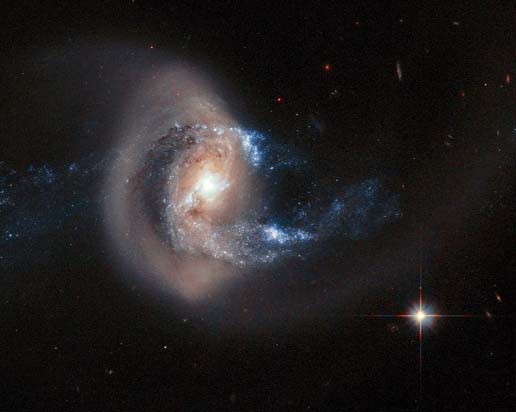
PTI, London :
The universe contains a staggering two trillion galaxies, up to 20 times more than previously thought, a new research has found.
During the past 20 years, Hubble Space Telescope images have found a myriad of faint galaxies, and it was approximated that the observable universe contains about 100 billion galaxies in total.
Now, an international team led by Christopher Conselice, Professor at The University of Nottingham in the UK, has shown that the number of galaxies in our universe is at least two trillion, 20 times more than previously thought – the often quoted value of around 100 billion.
Current astronomical technology allows us to study a fraction of these galaxies – just 10 percent. It means that over 90 percent of the galaxies in our universe have yet to be discovered, and will only be seen once bigger and better telescopes are developed.
“Who knows what interesting properties we will find when we study these galaxies with the next generation of telescopes. These galaxies will likely hold the clues to many outstanding astrophysical issues,” he said.
The universe contains a staggering two trillion galaxies, up to 20 times more than previously thought, a new research has found.
During the past 20 years, Hubble Space Telescope images have found a myriad of faint galaxies, and it was approximated that the observable universe contains about 100 billion galaxies in total.
Now, an international team led by Christopher Conselice, Professor at The University of Nottingham in the UK, has shown that the number of galaxies in our universe is at least two trillion, 20 times more than previously thought – the often quoted value of around 100 billion.
Current astronomical technology allows us to study a fraction of these galaxies – just 10 percent. It means that over 90 percent of the galaxies in our universe have yet to be discovered, and will only be seen once bigger and better telescopes are developed.
“Who knows what interesting properties we will find when we study these galaxies with the next generation of telescopes. These galaxies will likely hold the clues to many outstanding astrophysical issues,” he said.

